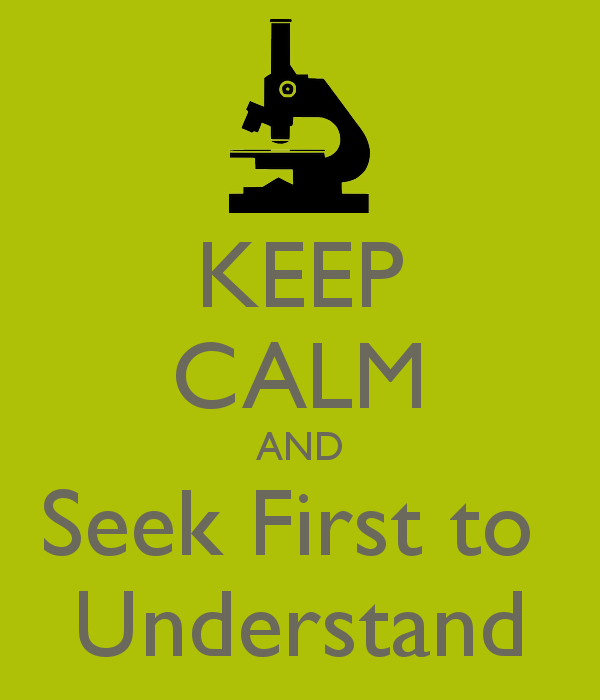1. I Believe in God
2. The Purpose of Life
One of the main purposes why God sent us to earth was to gain a physical body, like God has. It would be the ideal setting to prepare and prove ourselves– We would be tempted to choose between following the wills of the flesh or following the commandments of God. Many temptations would focus on improper use of our bodies. We’re here to learn self-mastery– to put mind over body, or spirit over body, if that makes sense. So of course there are those who struggle with same sex attraction. This just happens to be their test in life. Other people may have a natural inclination towards doing something else that is against God’s commandments, like drugs, or infidelity, or selfishness, or pride. We will all have tests that tug at our heartstrings, some less visible than others. Life was never meant to be easy. That’s not what life is about. It’s about “putting off the natural man.”
God knew we would make mistakes here and there, so he provided a Savior for us – Jesus Christ – who paid the penalty for our sins so that even when we mess up, all is not lost. We can still pass the test. There is still a way. Because of Jesus Christ, when we fall short, we can repent and be forgiven – in essence, we can start over with a brand-new clean slate and try again (click here for more on this).
Not to dismiss/minimize these earth-life trials, but I do think it’s important to realize that in the eternal scheme of things, this life is so, so short. A short moment to prove ourselves, that we are truly masters over our bodies and that we won’t misuse or abuse them contrary to God’s laws. Just because the temptation never goes away, does not mean that we have to give in and act on it. If we prove our self-mastery, then we pass the test! And Eternal Life (with a glorified perfected body, like God’s) is our reward. *
Doesn’t that make trials and challenges seem so much less significant? But yet it is a crucial moment where eternity hangs in the balance.
I love this quote:
“What will it matter what we have suffered here, if in the end, those trials are the very things which qualify us for eternal life and exaltation in the kingdom of God?” (Linda S. Reeves)
We may not understand why everything is the way it is in this life, but one day we will. All of our questions and confusions and heartaches will someday be completely straightened out and everything will make perfect sense. It wouldn’t be a test if we didn’t need to exercise any faith.
(See “Your Four Minutes” – a motivational talk I highly recommend that goes right along with this concept!)
*(side note: there’s a difference between Salvation and Eternal Life – we are all “saved” in a sense- but in order to qualify for all the blessings God has in store for us, more is required.)
3. I believe Satan is real
4. The Importance of Family (the way God designed it)
“THE FAMILY is ordained of God. Marriage between man and woman is essential to His eternal plan. Children are entitled to birth within the bonds of matrimony, and to be reared by a father and a mother who honor marital vows with complete fidelity.”
5. I believe in the restored gospel of Jesus Christ.
6. The Book of Mormon!
OK, with that foundation in place, let me respond to a few of the arguments I’ve heard from those who have a difficult time understanding why anyone would oppose the legalization of same-sex marriage.
I believe that the ruling does affect me.
But more importantly, I believe that it affects children.
I believe it affects all of us.
“Young people may ask, “Well, we don’t believe we should live or behave in such and such a way, but why do we have to make other people do the same? Don’t they have their free agency? Aren’t we being self-righteous and judgmental, forcing our beliefs on others, demanding that they act in a certain way?”
. . . Some principles are defended and some sins opposed wherever they are found because the issues and the laws involved are not just social or political but eternal in their consequence. And while not wishing to offend those who believe differently from us, we are even more anxious not to offend God.
It is a little like a teenager saying, “Now that I can drive, I know I am supposed to stop at a red light, but do we really have to be judgmental and try to get everyone else to stop at red lights? Does everyone have to do what we do? Don’t others have their agency? Must they behave as we do?” You then have to explain why, yes, we do hope all will stop at a red light. And you have to do this without demeaning those who transgress or who believe differently than we believe because, yes, they do have their moral agency.
There is a wide variety of beliefs in this world, and there is moral agency for all, but no one is entitled to act as if God is mute on these subjects or as if commandments matter only if there is public agreement over them.” (Elder Jeffrey R. Holland)
#LoveWins Rhetoric
“Tolerance for behavior is like a two-sided coin. Tolerance or respect is on one side of the coin, but truth is always on the other. We must stand up for truth, even while we practice tolerance and respect for beliefs and ideas different from our own.” (Dallin H. Oaks)
“Now may I offer an important note of caution. An erroneous assumption could be made that if a little of something is good, a lot must be better. Not so! Overdoses of needed medication can be toxic. Boundless mercy could oppose justice. So tolerance, without limit, could lead to spineless permissiveness. The Lord drew boundary lines to define acceptable limits of tolerance. Danger rises when those divine limits are disobeyed. Just as parents teach little children not to run and play in the street, the Savior taught us that we need not tolerate evil. “Jesus went into the temple of God, … and overthrew the tables of the moneychangers” (Matthew 21:12; see also Mark 11:15). Though He loves the sinner, the Lord said that He “cannot look upon sin with the least degree of allowance” (D&C 1:31). Real love for the sinner may compel courageous confrontation—not acquiescence! Real love does not support self-destructing behavior.” (Russell M. Nelson)










